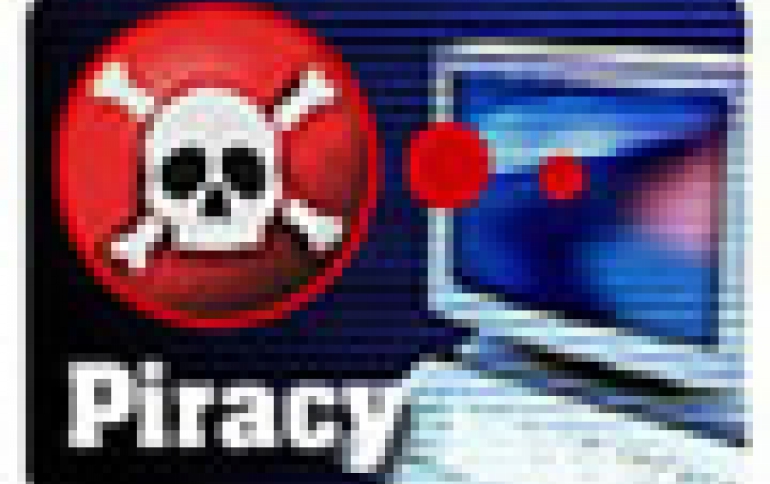
U.S. to Enforce Stricter DMCA Bill
As CNET News.com reports, congress is preparing to expand the DMCA's restrictions on software that can bypass copy protections and grant federal police more wiretapping and enforcement powers.
The draft legislation, created by the Bush administration and backed by Rep. Lamar Smith, already enjoys the support of large copyright holders such as the Recording Industry Association of America. Smith is the chairman of the U.S. House of Representatives subcommittee that oversees intellectual-property law. Smith's press secretary, Terry Shawn, said Friday that the Intellectual Property Protection Act of 2006 is expected to "be introduced in the near future."
"The bill as a whole does a lot of good things," said Keith Kupferschmid, vice president for intellectual property and enforcement at the Software and Information Industry Association in Washington, D.C. "It gives the (Justice Department) the ability to do things to combat IP crime that they now can't presently do."
During a speech in November, Attorney General Alberto Gonzales endorsed the idea and said at the time that he would send Congress draft legislation. Such changes are necessary because new technology is "encouraging large-scale criminal enterprises to get involved in intellectual-property theft," Gonzales said, adding that proceeds from the illicit businesses are used, "quite frankly, to fund terrorism activities."
The 24-page bill is a far-reaching medley of different proposals cobbled together. One would, for instance, create a new federal crime of just trying to commit copyright infringement. Such willful attempts at piracy, even if they fail, could be punished by up to 10 years in prison.
It also represents a political setback for critics of expanding copyright law, who have been backing federal legislation that veers in the opposite direction and permits bypassing copy protection for "fair use" purposes. That bill--introduced in 2002 by Rep. Rick Boucher, a Virginia Democrat--has been bottled up in a subcommittee ever since.
"The bill as a whole does a lot of good things," said Keith Kupferschmid, vice president for intellectual property and enforcement at the Software and Information Industry Association in Washington, D.C. "It gives the (Justice Department) the ability to do things to combat IP crime that they now can't presently do."
During a speech in November, Attorney General Alberto Gonzales endorsed the idea and said at the time that he would send Congress draft legislation. Such changes are necessary because new technology is "encouraging large-scale criminal enterprises to get involved in intellectual-property theft," Gonzales said, adding that proceeds from the illicit businesses are used, "quite frankly, to fund terrorism activities."
The 24-page bill is a far-reaching medley of different proposals cobbled together. One would, for instance, create a new federal crime of just trying to commit copyright infringement. Such willful attempts at piracy, even if they fail, could be punished by up to 10 years in prison.
It also represents a political setback for critics of expanding copyright law, who have been backing federal legislation that veers in the opposite direction and permits bypassing copy protection for "fair use" purposes. That bill--introduced in 2002 by Rep. Rick Boucher, a Virginia Democrat--has been bottled up in a subcommittee ever since.





















